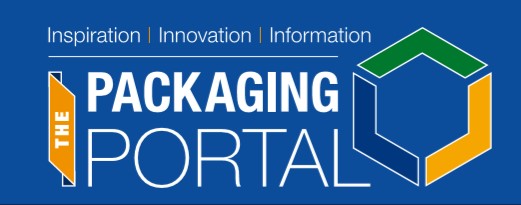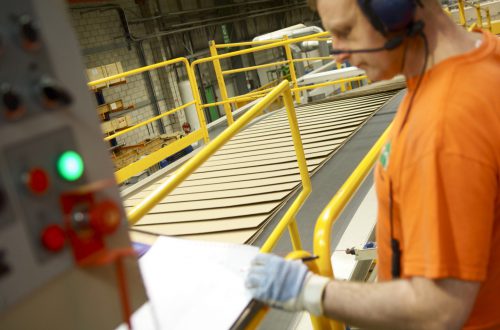Latest News

Paper-Based Packaging is Critical. European industry secures supply chain during COVID-19 pandemic.
Read the full article from The Packaging Portal below.
Following calls from the packaging industry, the European Commission has confirmed that the transportation of packaging materials, including corrugated and folding cartons, for essential industries such as food and pharmaceuticals, will be able to use its ‘green lanes’ and has updated its ‘Guidelines for Border Management’ to reflect the recommendation.
Short term demand for paper-based packaging has increased by around 30% as a result of the COVID-19 pandemic, with particular spikes in demand for production of packaging for dry foods, confectionery, frozen food and pharmaceuticals.
To secure the supply chain, hauliers need to be able to transport raw materials to packaging converters or finished packaging manufacturers working in the pharmaceutical and food sectors without unnecessary delay.
The European Commission agreed with packaging associations across Europe that ‘green lanes’ should remain open for
packaging delivery. They are now urging EU countries to allow vehicles to transport goods between countries via these fast-track lanes, which should take no longer than 15 minutes to pass through, including checks and health screenings of drivers.
The ‘Guidelines for Border Management’ also state that ‘Member States should act
immediately to temporarily suspend all types of road access restrictions in place in their territory’ and ‘transport workers, irrespective of their nationality and place of residence, should be allowed to cross internal borders’.
To support the European Commission’s move, ECMA, the European Carton Makers Association and Pro Carton, the European Association of Carton and Cartonboard manufacturers, have issued a document in 11 languages for hauliers to display when transporting printed cartons and cartonboard.
In other developments, a letter has been sent from The Recycling Association to the Department for Environment, Food and Rural Affairs asking it to ensure that recycling collections from UK households are maintained. With the current coronavirus outbreak, vital packaging is needed to protect food and medical supplies and there is a risk that less material will be available if councils cut recycling collections.
As pointed out in the letter written by The Recycling Association Chief Executive Simon Ellin, some members of the Association have ramped up production to supply the extra corrugated boxes, toilet rolls, glass medicine bottles and other essential products to meet demand. Ellin said, “Many retailers and restaurants have rightly closed their doors with the exception of essential ones such as supermarkets and pharmacies. These are seeing unprecedented demand for food and medical supplies. However, with other shops closed, high quality retail cardboard, paper, glass, metal cans and plastic packaging are now not there to collect. Instead, with more home deliveries from supermarkets and the likes of Amazon, more material is likely to be generated by the household.
“Our members are hearing reports from all corners of the world that essential cardboard, paper, glass, metal cans and plastics are in very strong demand. We’ve got to keep our supply chains open to ensure food and medical supplies can reach those who need it. Indeed, some of our members have increased production to ensure they are playing their part by providing essential products such as toilet rolls, cereal boxes, medicine bottles plus milk and soft drinks bottles.
“I know there is great pressure on resources at the moment, but local authorities must maintain standards to ensure we receive decent quality material. They should also keep collecting material to be recycled.
“We know it is very difficult for councils at the moment and I have utmost respect for those who are out and about everyday emptying our bins while trying to stay safe. These key workers are essential for enabling us to keep supplies flowing.
“But we need to provide our supply chains with material. If you think about cardboard, so much in our supermarkets comes in these boxes – everything from eggs to frozen fish fingers. Most of the time, even products using plastic, metals and glass packaging are delivered to supermarkets in protective cardboard boxes. If you think about medicine bottles or tubes, these are often protected by a cardboard box too. I know there is strong demand for essential recycled cardboard from manufacturers right now.
“Additionally, I have asked Defra to keep export markets open as the essential goods we need don’t necessarily come from here in the UK. We therefore have to supply world markets so that they can send their goods back to us.
“Markets for recycled materials may become harder to access over the coming weeks and months, and there is a possibility we may need to store material, especially if quality standards drop and international markets look elsewhere. I have asked Defra to
consider lighter touch regulation and business rate relief on storage if this comes to pass. But if we keep recycling collections going and keep quality standards high, hopefully we won’t get to this point.”





